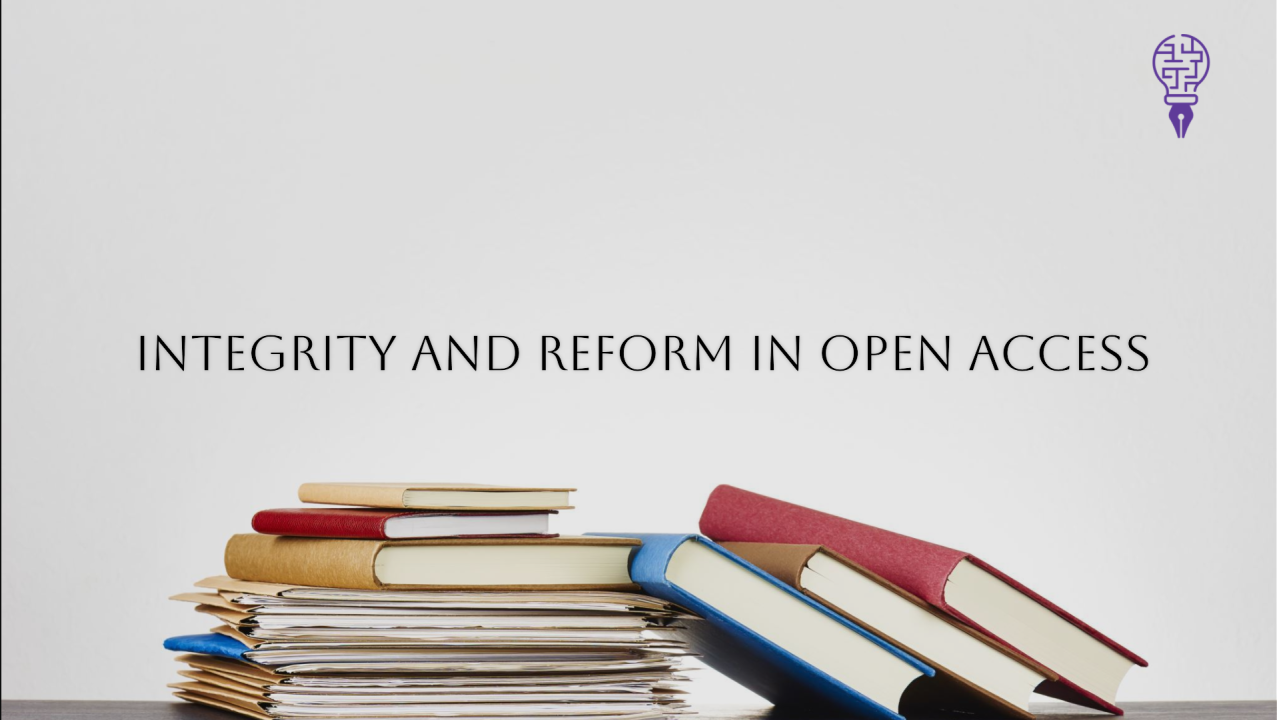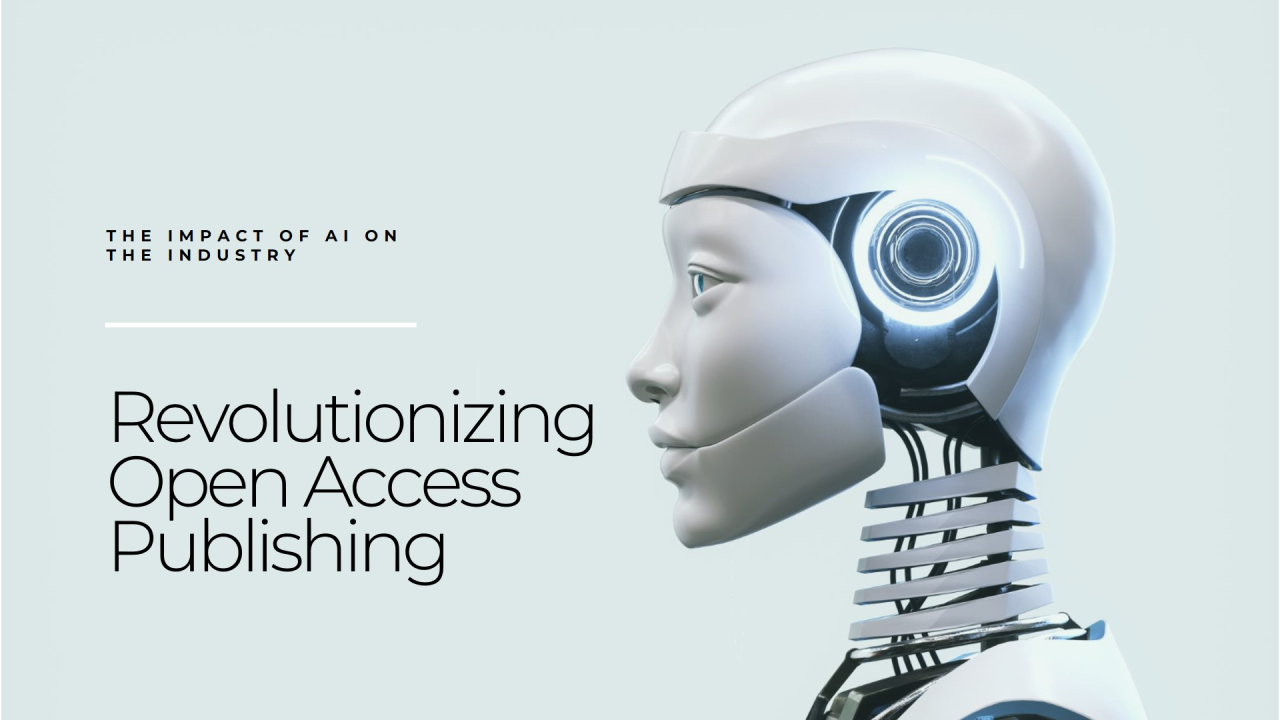CURRENT ISSUE
No Current Issue
Digital Learning and EdTech Innovations
Digital Learning and EdTech Innovations
Overview
Digital learning has revolutionized education, transforming how knowledge is delivered, accessed, and consumed. The rise of EdTech innovations, online learning platforms, and AI-driven educational tools has paved the way for personalized, data-driven, and flexible learning experiences.
This category explores the latest advancements in digital education, focusing on technology-enabled learning solutions, innovative pedagogical models, and emerging trends in educational technology (EdTech) that enhance engagement, accessibility, and efficiency in teaching and learning.
Key Areas of Focus
1. Online Learning Ecosystems and Hybrid Education Models
With the rapid expansion of online learning platforms, institutions are adopting hybrid and fully digital models to increase accessibility and engagement. The integration of Learning Management Systems (LMS) and Massive Open Online Courses (MOOCs) has transformed traditional education.
Key Topics:
- The role of LMS and MOOCs in digital education
- Benefits and challenges of hybrid and fully online learning models
- Best practices for designing engaging online courses
- The future of virtual classrooms and remote learning
Research Implications:
- Analyzing student engagement and performance in hybrid learning environments
- The effectiveness of MOOCs in higher education and professional development
- Data-driven insights on improving virtual learning experiences
2. Learning Analytics and AI-Driven Education
The use of data analytics and artificial intelligence (AI) in education enables institutions to monitor student performance, predict learning outcomes, and personalize educational experiences. AI-driven education tools enhance teaching efficiency and help educators make data-informed decisions.
Key Topics:
- AI-powered adaptive learning platforms
- Predictive analytics in student assessment and engagement
- Chatbots and virtual tutors in online education
- Ethical considerations in AI-driven learning environments
Research Implications:
- Case studies on AI-driven personalized learning
- The impact of learning analytics on student retention and success
- Best practices for implementing AI in education without compromising ethics
3. Open Educational Resources (OER) and Digital Content Creation
The rise of Open Educational Resources (OER) has led to greater accessibility and affordability in education, allowing students and educators to access high-quality materials for free. Digital content creation tools further enhance educational flexibility by enabling instructors to design interactive and multimedia-based learning experiences.
Key Topics:
- The impact of OER on global education accessibility
- Best practices for integrating OER in formal curricula
- Digital content creation tools for educators
- Licensing and copyright considerations for OER
Research Implications:
- Evaluating the effectiveness of OER compared to traditional textbooks
- The role of digital content in improving knowledge retention
- The economic and institutional benefits of OER adoption
4. Gamification and Immersive Learning with VR/AR
Gamification, Virtual Reality (VR), and Augmented Reality (AR) are reshaping digital learning by making education interactive, engaging, and experiential. These technologies improve motivation, retention, and practical skill development through simulation-based learning environments.
Key Topics:
- Gamification strategies for higher education and K-12 learning
- The role of VR and AR in science, engineering, and medical education
- Challenges and opportunities in implementing immersive learning technologies
- Case studies on VR/AR-enhanced learning experiences
Research Implications:
- Measuring the impact of VR/AR on student learning outcomes
- The effectiveness of gamification in promoting active learning
- How immersive learning supports complex skill acquisition
5. Digital Credentials, Blockchain in Education, and Micro-Certifications
The rise of digital credentials, blockchain-based verification, and micro-certifications is reshaping how skills and achievements are recognized in education and employment. Blockchain technology ensures the security and authenticity of academic records, while micro-credentialing allows learners to acquire specialized skills without traditional degree programs.
Key Topics:
- The evolution of micro-credentials and their role in career advancement
- Blockchain applications in academic record-keeping
- The shift from degree-based qualifications to skill-based learning
- Industry adoption of alternative credentialing models
Research Implications:
- How micro-credentials impact employability and workforce development
- The role of blockchain in preventing credential fraud
- Case studies on institutions implementing digital credentials
The Digital Learning and EdTech Innovations category explores how emerging technologies are transforming education by enhancing accessibility, engagement, and efficiency. From AI-driven analytics and online learning ecosystems to gamification and blockchain-based credentials, this section highlights the cutting-edge developments shaping the future of digital education.
As educational institutions and policymakers continue to integrate digital solutions, research in this field remains crucial for optimizing learning experiences and ensuring inclusive, future-ready education systems.















